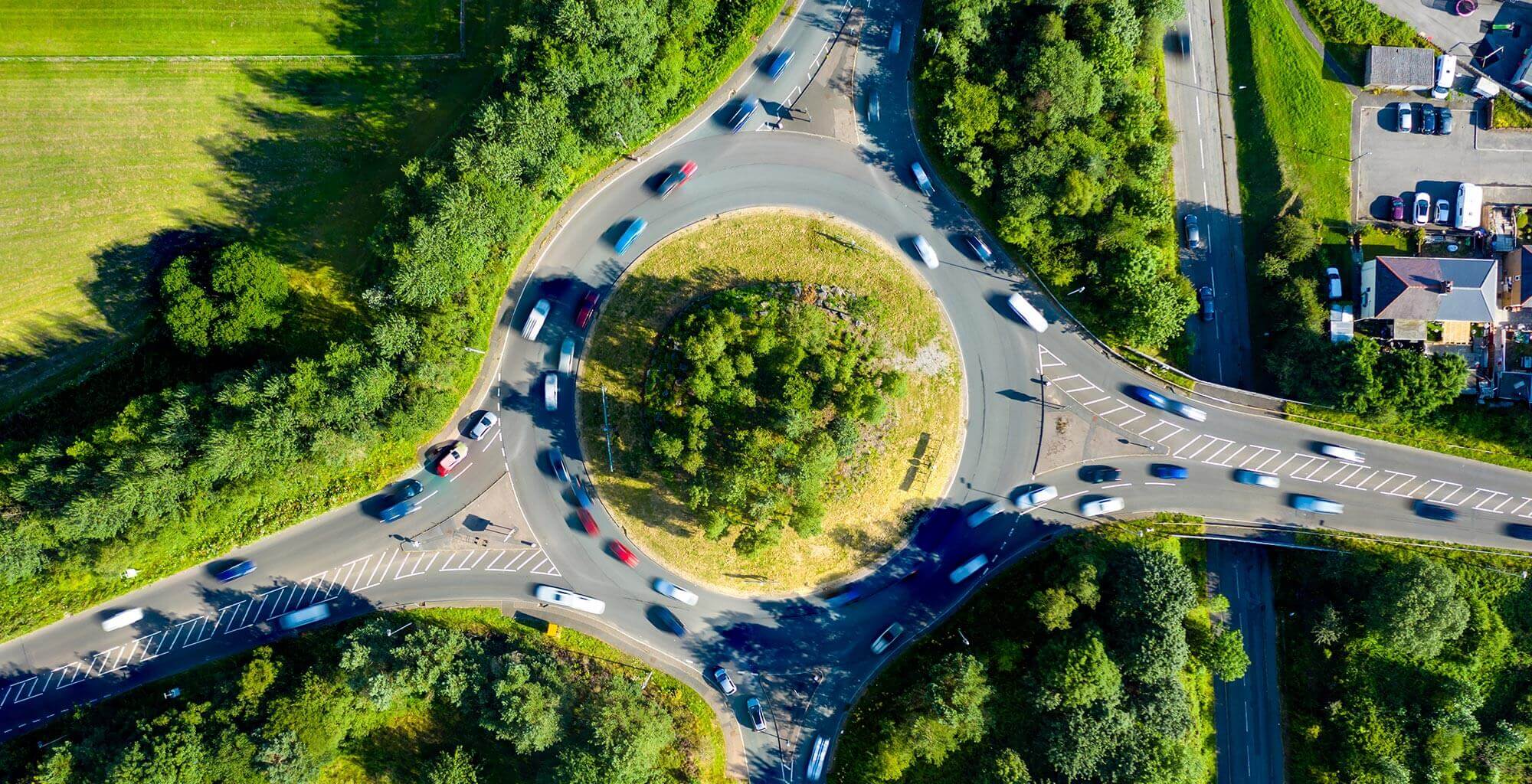INFRA S.A. (formerly EPL - Empresa de Planejamento e Logística) faced the challenge of enhancing interurban mobility for people and goods across Brazil in an efficient and sustainable way. By implementing Smart Steps and leveraging mobile data analysis, INFRA aimed to optimize national transportation planning, increasing the use of railways and high-capacity transport modes to reduce both travel times and freight costs. This initiative, part of the National Logistics Plan 2035 (PNL 2035), enabled the generation of Origin-Destination (O/D) matrices based on real data, significantly improving the accuracy of planning decisions. With this technology, INFRA has successfully reduced transportation costs and CO2 emissions while achieving significant improvements in the safety and accessibility of Brazil’s transportation system.
Solution that analyzes anonymized mobile network data in real-time, comparing current and past results. It allows for the identification of improvements and the definition of effective action plans, optimizing infrastructure, routes, and transport planning.
 Hybrid Cloud
Hybrid Cloud Cyber Security & NaaS
Cyber Security & NaaS AI & Data
AI & Data IoT & Connectivity
IoT & Connectivity Business Applications
Business Applications Intelligent Workplace
Intelligent Workplace Consulting & Professional Services
Consulting & Professional Services Small Medium Enterprise
Small Medium Enterprise Health and Social Care
Health and Social Care Industry
Industry Retail
Retail Tourism and Leisure
Tourism and Leisure Transport & Logistics
Transport & Logistics Energy & Utilities
Energy & Utilities Banking and Finance
Banking and Finance Smart Cities
Smart Cities Public Sector
Public Sector





